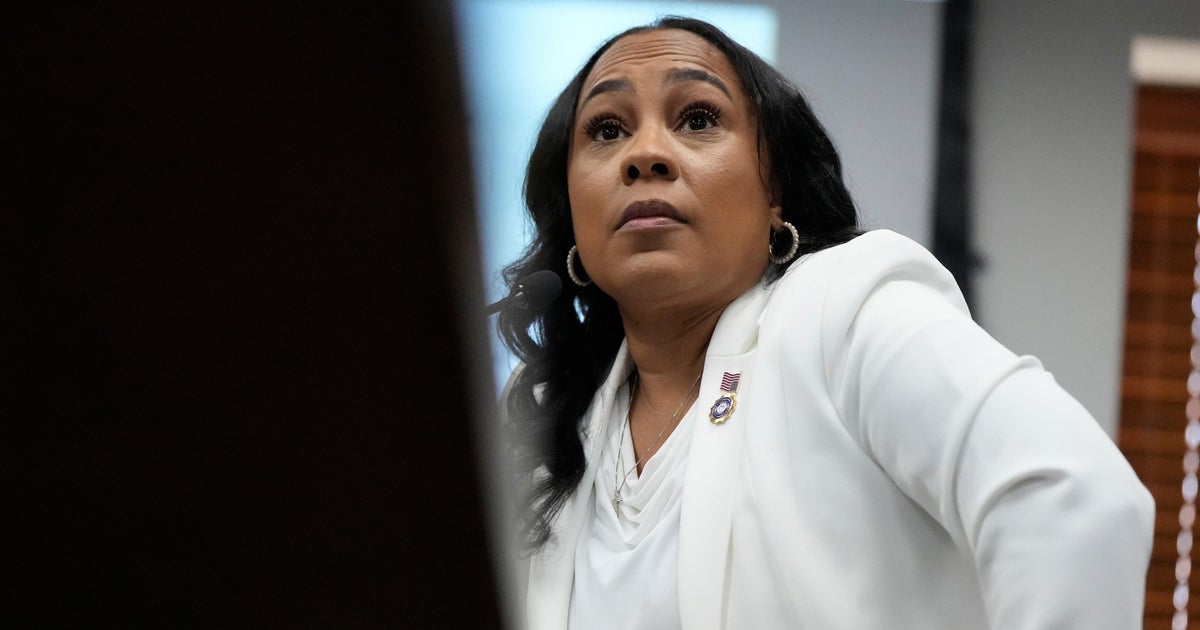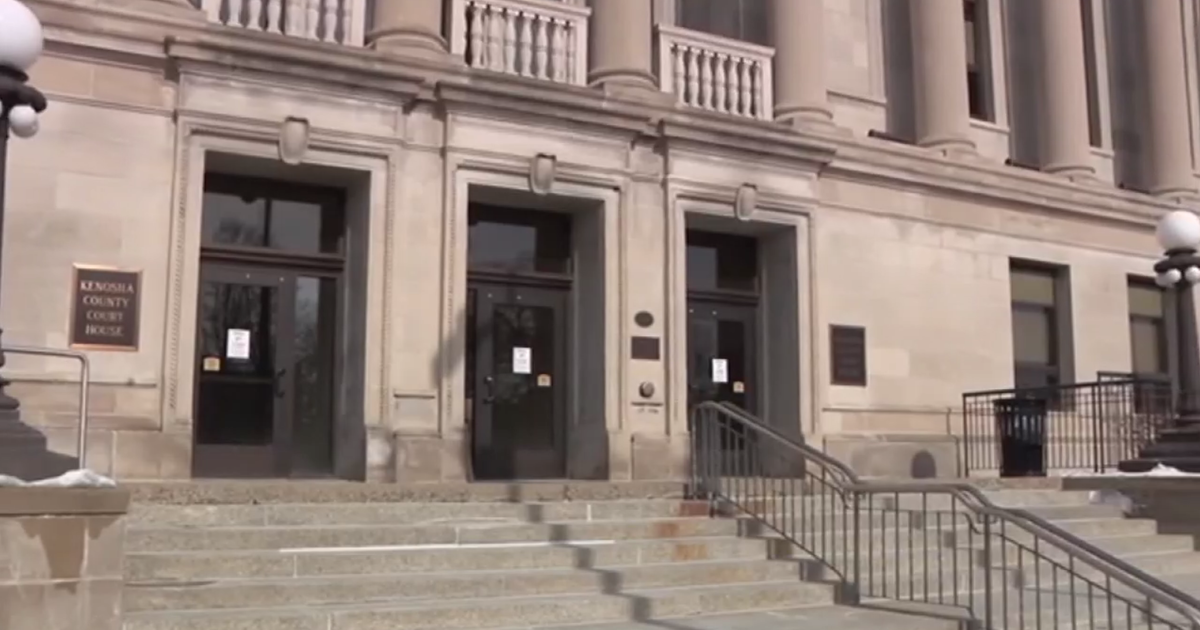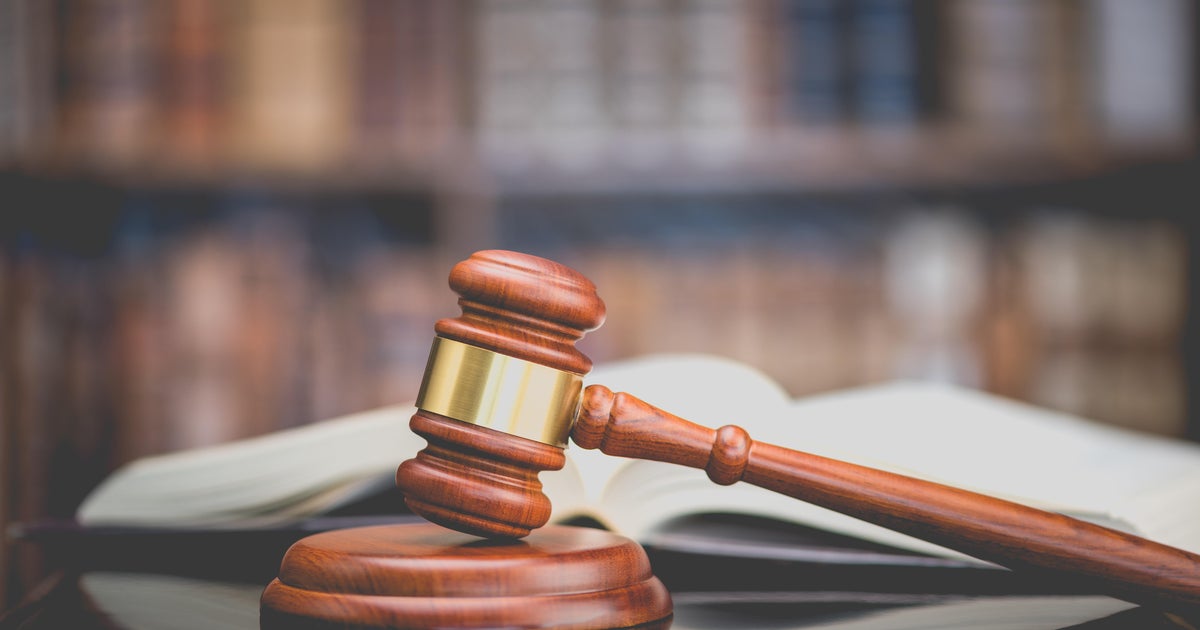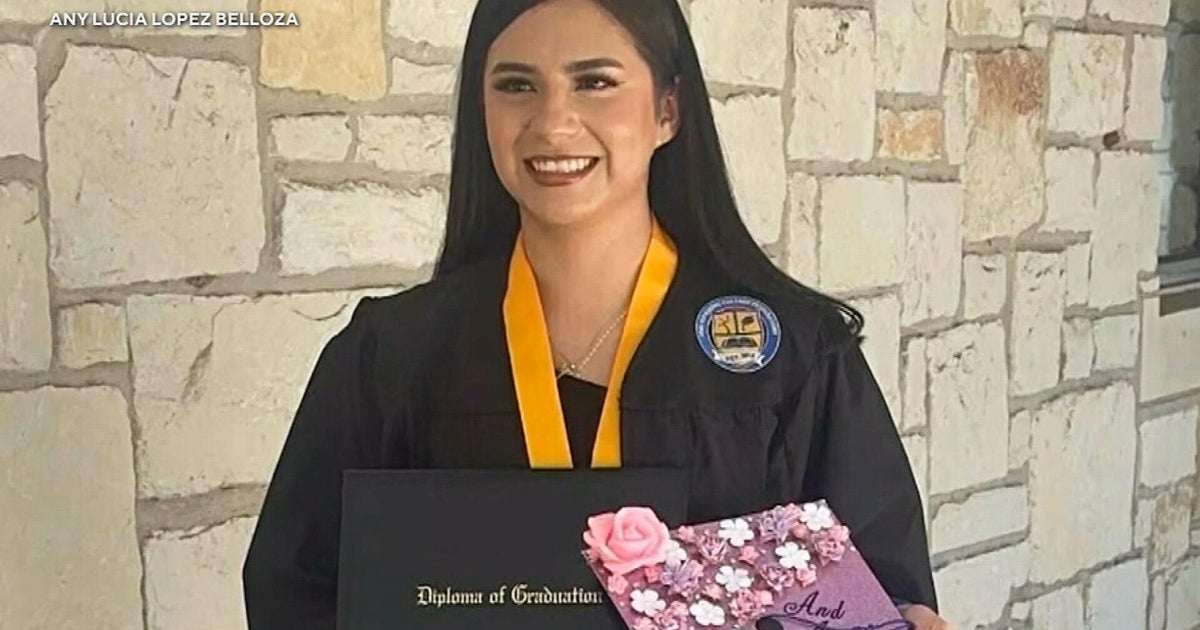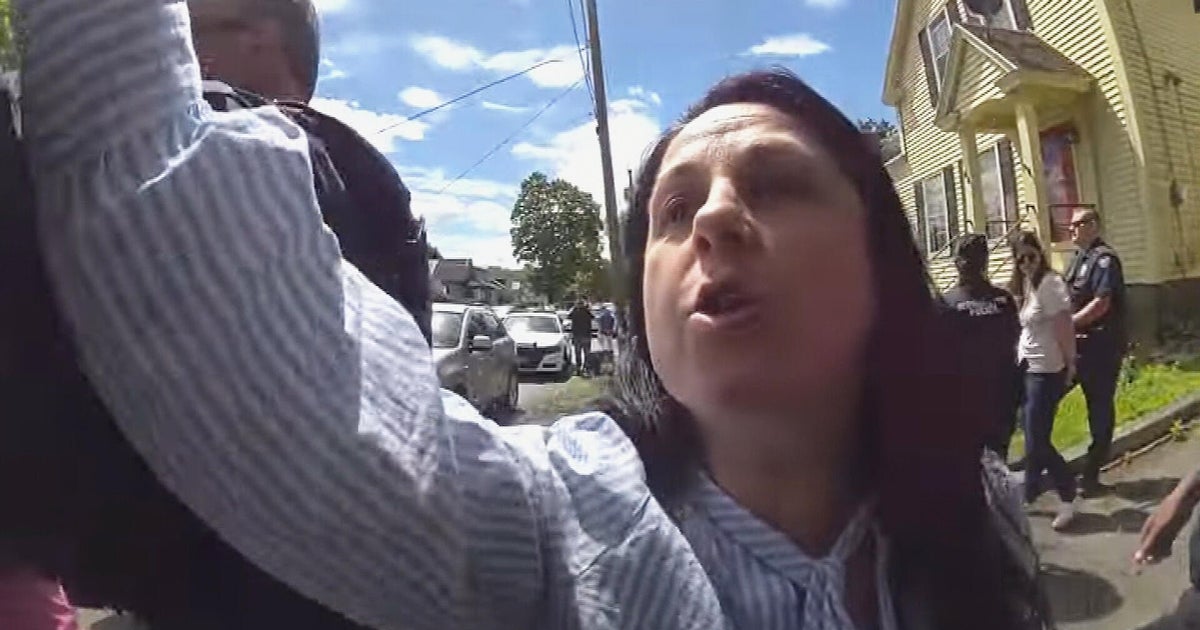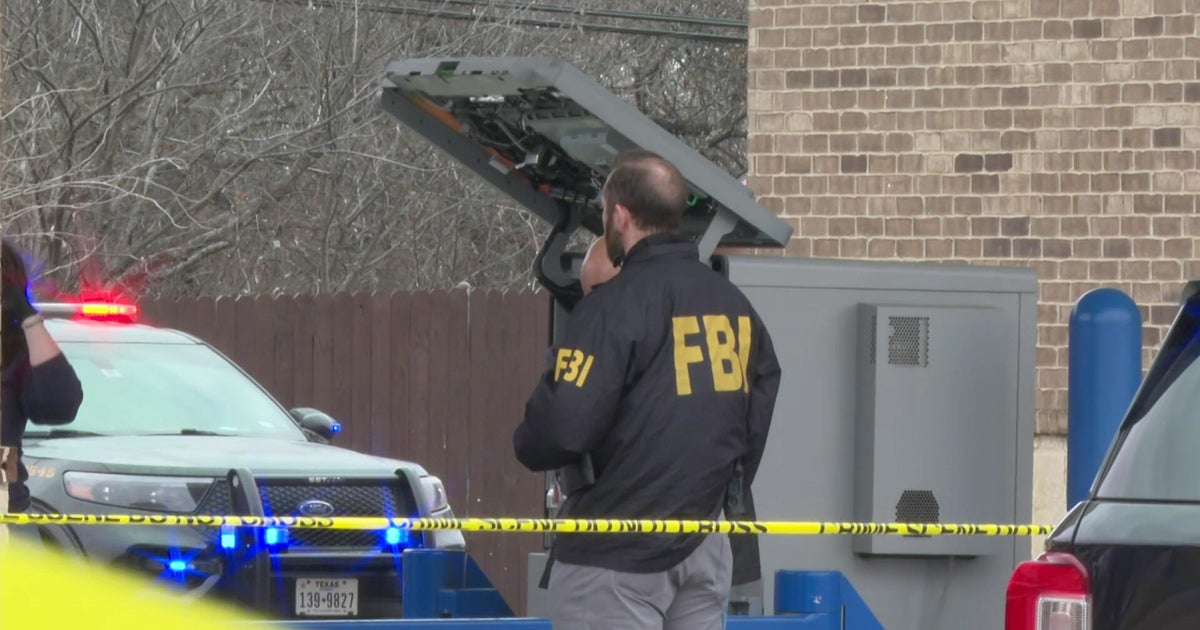Judge Upholds Lone Blagojevich Conviction
UPDATED October 27, 2010 - 6:09 p.m.
CHICAGO (AP) -- A Chicago judge refused Wednesday to nullify Rod Blagojevich's lone conviction at his first corruption trial, flatly rejecting the ousted governor's claims of trial errors and prosecutorial misconduct.
LISTEN: Newsradio 780's Regine Schlesinger Reports
Podcast
In a short, two-page opinion, U.S. District Judge James Zagel said defense arguments for quashing the guilty verdict for lying to the FBI relied on a "well-known principle that if a lawyer cannot attack the law or facts ... the only recourse is to attack the prosecutor."
Jurors convicted the impeached governor on just the one of 24 counts in August after a two-and-a-half month trial. A retrial on the 23 deadlocked charges is set for April.
Among the charges jurors disagreed on was that Blagojevich tried to sell or trade an appointment to President Barack Obama's old U.S. Senate seat for a top job or campaign cash.
The lying charge was considered the least serious, carrying a prison sentence of up to five years. Other charges, including racketeering, could result in a 20-year prison term.
Messages left seeking comment from Blagojevich attorneys Sheldon Sorosky and Aaron Goldstein were not immediately returned Wednesday.
In a September filing, Blagojevich lawyers asked Zagel to override jurors' verdict and acquit Blagojevich of lying, or set it aside and try him again on that charge.
"The fact is that the government knew -- and knows -- that Blagojevich was not lying to the FBI," the motion argued. "The conviction in this case is not legally sound."
The filing even took Zagel to task for so frequently sustaining objections from prosecutors during the trial as defense attorneys cross-examined government witnesses.
But in Wednesday's opinion, Zagel argued that the defense often sought to raise arguments in the form of questions during cross-examination -- forcing him to agree with prosecutors.
And, the judge added, "Some defense counsel followed a path of asking questions that, based on previous rulings, they knew were objectionable."
Zagel also brushed aside claims that other trial errors were made, including that jurors should have been told they had to agree on two alleged lies that Blagojevich told in a 2005 FBI interview before they could convict him on the single count of lying.
Prosecutors accused Blagojevich of lying when he asserted he kept a "firewall" between campaign and government work, and when he insisted he didn't "track" campaign contributions.
Jurors only agreed that he lied about not tracking donations, triggering the conviction.
In his Wednesday opinion, Zagel said the law did not require jurors to agree on both. And he noted the defense itself never asked at trial that jurors be told they had to agree that both statements were lies.
(TM and © Copyright 2010 The Associated Press. All Rights Reserved. This material may not be published, broadcast, rewritten or redistributed.)
